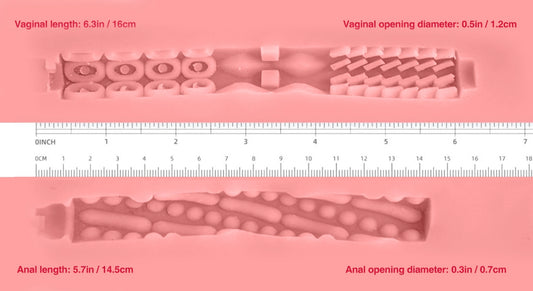In the realm of therapy sex dolls, ethical and societal implications stir robust debate, encompassing consent, relationships, and the balancing of sexual health needs with societal norms.
Consent and Objectification Concerns
Ethics in therapy sex dolls often highlight consent and objectification. Critics question the absence of consent with inanimate objects, suggesting dolls could perpetuate notions of ownership over another's human form. On one hand, these lifelike figures offer a safe space for exploring intimacy without risk; on the other, they raise concerns about reinforcing objectification and potentially normalizing harmful paradigms typically associated with slavery or prostitution.
Relationships and Sexuality
Therapy sex dolls also ignite discussions on relationships and sexuality. They're tapped for their potential in enhancing relationships—acting as bridges in communication, body image issues and post-traumatic intimacy rehabilitation. Yet there's an undercurrent worry regarding their impact on real intimate relationships. Could the fantasy usurp the intricate dance of human connection, or might it fortify self-esteem and be a stepping stone to healthier interactions?
Legal and Ethical Debates
The legalities of therapy sex dolls swing between protection and freedom. With movements like the campaign against sex robots pushing for banning certain types of dolls like those mimicking children, the issue toes the lines of legality and ethical considerations. Child sex dolls, for instance, stand banned in numerous places due to the risks they pose in normalizing sexualization of minors. Moreover, debates on robotic rape and robot prostitutes mirror historical ethical dissections on consent and sexual health.
In this complex dance, balance is key. While these lifelike partners could be harnessed as tools for good, navigating the ethical labyrinth they present requires continual conversation and nuanced regulation.

















































